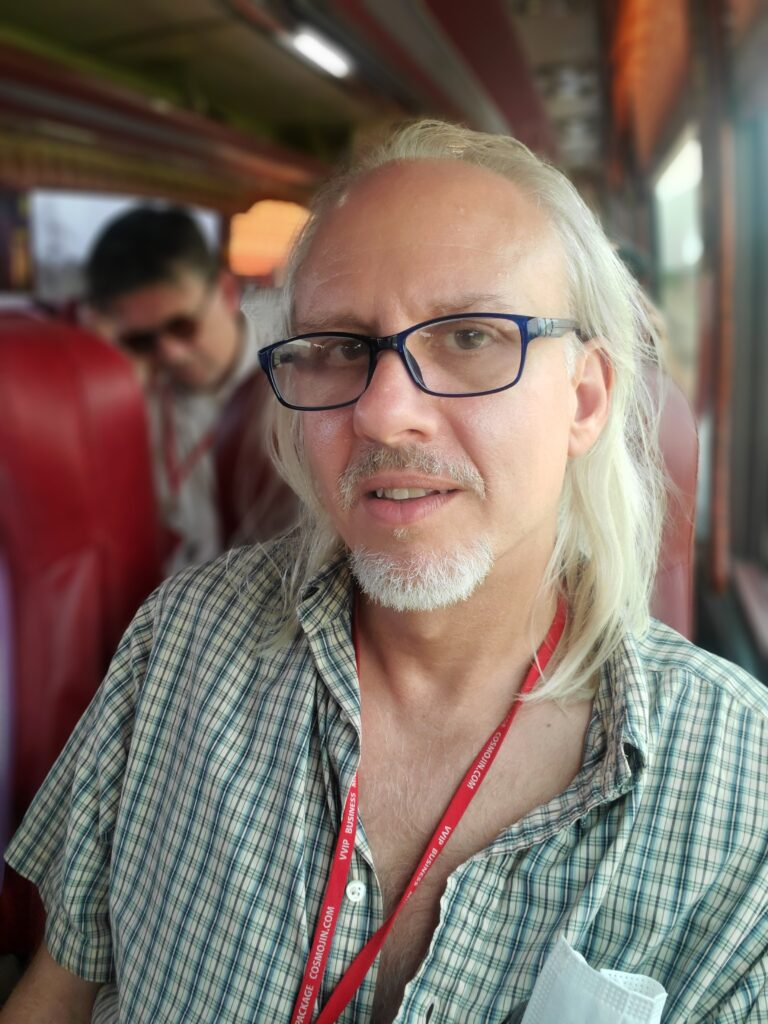Boulders
You’ll think you hear thunder, but the mountain is weeping—her boulders be tears; they tumble down her cheeks and rumble and flail, smash apart against granite, and echo through trees, over plume, across valley. Of our land of rain, we say, “It rains,” but sometimes our clouds dry up and we see stars, red crystals turning in the sky, flowing molten and green, a soundless, menacing beauty. Nor are we fooled by the allure of glaciers; and check out those emerald humps beyond the canal over there; they await the butts of cartoon giants in ten-gallon hats—saddle up boahs! Raise your eyes. Do you see the eagle with a bagel in her beak scavenged from the Superbear dumpster? Ravens gurgle. Crows clutch berry clusters in scraggly trees by the post office; they look hanged by nooses. They bite, thrash, use their bodyweight to break free. These crows land gracefully on their feet then peck at the ground, enjoying the berries.
Last week a boy from Texas arrived by pleasure boat. His parents were treating him to a tour of the Inside Passage. The boy saw killer whales, icebergs, colored fogs and snow. When he saw our mountains, he told his dad he would go find something strange and beautiful. He told his mom he would be back for supper. Setting foot to our town, he made for the boulders. He climbed a good ways up. He stretched, he clung, he scrabbled and slipped. He cracked his head open on a rock below. The team came out to clean up his brains.
He is not our first dead tourist. We have had copter incidents, people cutting legs on ice, avalanche victims. One lady fell down a mine shaft. The boy from the Lone Star State had just graduated high school. That’s why he was here, to celebrate the possibilities of his future. We tell these people in search of wonders and magic that if you see a bear walking along Gold Street, please, do not try to pet it. From the decks of the boats they see bright colors. They are hungry and see tour busses and the tramway. They see wood cutouts of salmon. They think they have arrived in paradise, where they cannot be harmed.
As with each noteworthy thing to happen in our town, we discussed the Texan’s death at the Alaskan Hotel and Bar over pint glasses of pale ale, locally brewed. We felt for the parents. The boy had been on the football team. He was in the equestrian club, had graduated with honors, had even been the prom king. All this was revealed in the paper.
What our town took from the boy’s parents can’t ever be atoned for, so we pitched in for a plaque engraved with his name. On the plaque, we included a brief account of his short adventure. As the mountain wept, we nailed the plaque to a spruce tree in a place other boys might see should they have a similar mind, or quest to find something strange and beautiful.
JOHN OLIVER HODGES grew up in Florida and now lives in New Jersey. In addition to three published books of fiction, his stories, essays, and photography have appeared in numerous print and online journals and are currently forthcoming from Exacting Clam, Libre, and Wordrunner eChapbooks. His biography of his father, Our Dad the Commie, will be released from Frayed Edge Press in 2025.
